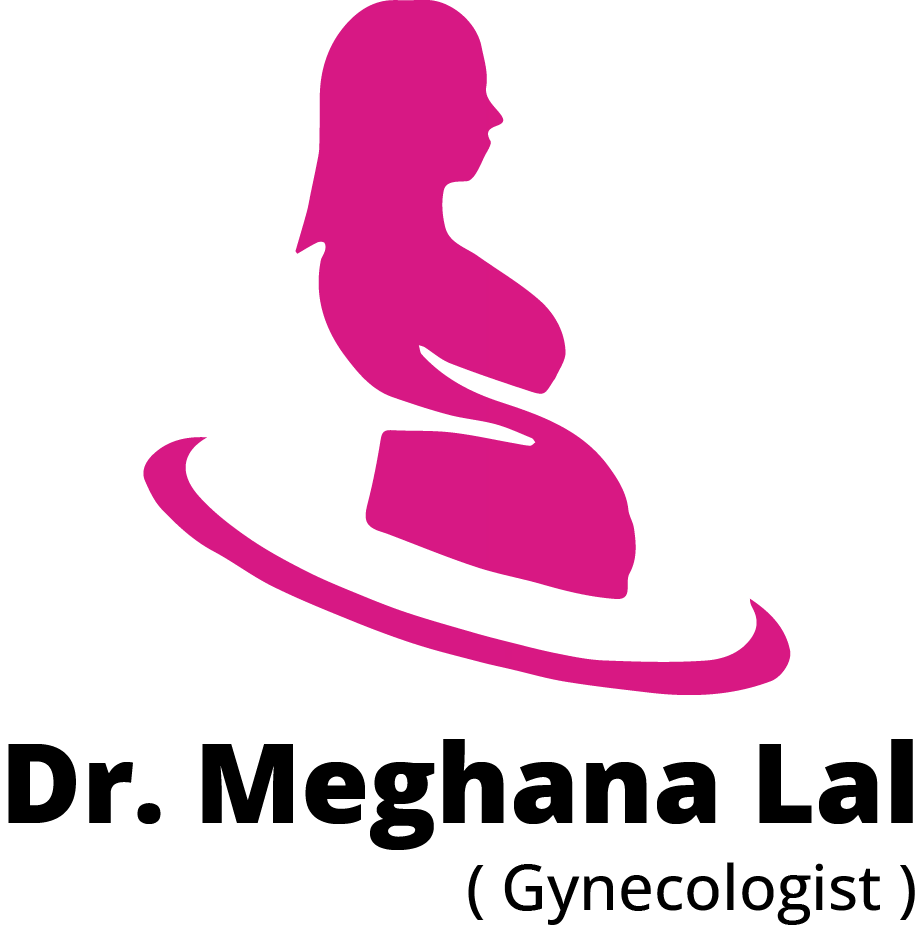Menstrual health is a fundamental aspect of women's overall well-being, yet it remains a topic that is often surrounded by stigma and misinformation. Dr. Meghana Lal, a renowned obstetrician and gynecologist in Vasant Kunj, New Delhi is dedicated to educating women about menstrual health and addressing common concerns that can impact their quality of life.
The Importance of Menstrual Health
Menstruation is a natural biological process that occurs in most women of reproductive age. However, despite its normalcy, many women experience issues related to their menstrual cycle that can affect their physical and emotional health. Understanding the menstrual cycle and recognizing when something is amiss is crucial for maintaining overall well-being.
Dr. Lal emphasizes that menstrual health goes beyond just having regular periods. "It's about understanding your body, recognizing changes and seeking medical advice when necessary. Menstrual health is an indicator of overall health and any irregularities should be addressed promptly," she explains.
Common Menstrual Health Issues
Several menstrual health issues can affect women, ranging from mild to severe. Some of the most common concerns include:
- Irregular Periods: While occasional irregularities in the menstrual cycle are normal, consistently irregular periods can indicate underlying health issues such as polycystic ovary syndrome (PCOS), thyroid disorders or stress. Dr. Lal advises women to monitor their cycle and seek medical advice if they notice significant changes in their pattern.
- Heavy Menstrual Bleeding (Menorrhagia): Heavy periods can be debilitating and may lead to anemia and fatigue. This condition can be caused by hormonal imbalances, uterine fibroids or other underlying medical conditions. Dr. Lal offers various treatment options, including hormonal therapies, medications and, in some cases, surgical interventions.
- Premenstrual Syndrome (PMS): PMS is a common condition characterized by physical and emotional symptoms that occur before the onset of menstruation. Symptoms can include mood swings, bloating, breast tenderness and fatigue. While PMS is common, severe symptoms may require medical intervention. Dr. Lal provides guidance on lifestyle changes, dietary adjustments and medication to manage PMS effectively.
- Painful Periods (Dysmenorrhea): Menstrual cramps are common, but when the pain is severe and interferes with daily activities, it may be a sign of an underlying condition such as endometriosis or fibroids. Dr. Lal emphasizes the importance of not ignoring severe pain and seeking medical advice for proper diagnosis and treatment.
- Polycystic Ovary Syndrome (PCOS): PCOS is a hormonal disorder that affects many women of reproductive age. It is characterized by irregular periods, excess androgen levels and the presence of multiple small cysts on the ovaries. Dr. Lal provides comprehensive care for women with PCOS, focusing on lifestyle modifications, hormonal treatments and managing symptoms such as weight gain, acne and hair growth.
Managing Menstrual Health
Managing menstrual health involves a combination of self-care practices and medical interventions when necessary. Dr. Meghana Lal offers the following tips for maintaining good menstrual health:
- Track Your Cycle: Keeping track of your menstrual cycle can help you identify any irregularities early on. There are several apps available that make it easy to monitor your cycle and symptoms.
- Maintain a Healthy Diet: A balanced diet rich in vitamins and minerals can help regulate your menstrual cycle and reduce symptoms such as bloating and fatigue. Dr. Lal recommends incorporating foods high in iron, calcium and magnesium into your diet.
- Exercise Regularly: Regular physical activity can help alleviate menstrual pain, reduce PMS symptoms and regulate your cycle. Even moderate exercise, such as walking or yoga, can have positive effects.
- Manage Stress: Stress can have a significant impact on your menstrual cycle. Dr. Lal advises practicing stress management techniques such as meditation, deep breathing exercises and getting adequate sleep.
- Seek Medical Advice: If you experience irregular periods, heavy bleeding, severe pain or any other concerning symptoms, it's important to consult with a healthcare professional. Early intervention can prevent complications and improve your quality of life.
Conclusion
Menstrual health is a critical aspect of women's overall well-being and it's important to be proactive in managing it. Under the expert care of Dr. Meghana Lal, women can receive personalized guidance and treatment for a wide range of menstrual health issues. Whether you're dealing with irregular periods, heavy bleeding or painful cramps, Dr. Lal is committed to helping you achieve optimal menstrual health and enhancing your quality of life.
At Matritva Women's Clinic, Dr. Lal and her team provide a supportive and compassionate environment where women can feel comfortable discussing their concerns and receiving the care they need. With a focus on holistic care, Dr. Lal continues to be a trusted partner in the journey to better menstrual health.

